Update: Anytime interest-based advertising is mentioned, privacy concerns usually follow, based on its use of browser history. A Google spokesperson tells WebProNews, "An advertiser can only remarket to users who have visited their site (or who have interacted with their YouTube homepage ad or brand channel)."
Users can opt-out of seeing remarketing ads using Google’s Ads Preferences Manager,as mentioned in Google’s announcement, but in case users haven’t seen that particular link, "Clicking on ‘Ads by google’ or ‘i’ (in rich media ads) alongside all ads we serve takes you to this page which explains our ad practices and leads to the Ads Preferences Manager," she says.
Original Article: Google is rolling out a new AdWords feature called Remarketing. What this does is allow advertisers to reach users on sites within the Google Content Network, as they browse the web. The feature was originally introduced as a trial a year ago as part of Google’s interest based advertising beta, but the company is now making it widely available.
 "We’ve received a tremendous response from the hundreds of advertisers who’ve been using it in recent months, across all industries – including automotive, retail, local and finance," says Product Manager Aitan Weinberg. "We’ve seen that remarketing has worked well for many different kinds of advertisers – whether they’re looking to boost brand awareness, or drive clicks and sales, and whether they use display or text ads. For example, if you’re a search advertiser, you can use remarketing to create an integrated campaign strategy. After driving traffic to your site with search ads, you can then remarket to those users who reach your site by showing them tailored ads on sites throughout the Google Content Network."
"We’ve received a tremendous response from the hundreds of advertisers who’ve been using it in recent months, across all industries – including automotive, retail, local and finance," says Product Manager Aitan Weinberg. "We’ve seen that remarketing has worked well for many different kinds of advertisers – whether they’re looking to boost brand awareness, or drive clicks and sales, and whether they use display or text ads. For example, if you’re a search advertiser, you can use remarketing to create an integrated campaign strategy. After driving traffic to your site with search ads, you can then remarket to those users who reach your site by showing them tailored ads on sites throughout the Google Content Network."
Google says remarketing is a great way to reach users who are likely to be "highly receptive" to special offers.
"Let’s say you’re a basketball team with tickets that you want to sell. You can put a piece of code on the tickets page of your website, which will let you later show relevant ticket ads (such as last minute discounts) to everyone who has visited that page, as they subsequently browse sites in the Google Content Network," explains Weinberg. "In addition to your own site, you can also remarket to users who visited your YouTube brand channel or clicked your YouTube homepage ad."
Advertisers can run multiple remarketing campaigns at once. "For example, you could offer discount game tickets to users who’ve previously visited your tickets page, advertise VIP hospitality packages to users who clicked on your ‘How to get to the arena’ page, and advertise a sale on team merchandise to users who previously visited your YouTube brand channel," says Weinberg.
Advertisers who want to use remarketing can set up and create their campaigns in the "audience" tab in AdWords.
 The ECJ decided that this practice is fine so long as advertisers’ identities are clear. Also, the organization indicated that trademark holders should direct complaints about such things at advertisers, not Google. All of which helps establish AdWords as an acceptable business model in the European Union’s 27 member states.
The ECJ decided that this practice is fine so long as advertisers’ identities are clear. Also, the organization indicated that trademark holders should direct complaints about such things at advertisers, not Google. All of which helps establish AdWords as an acceptable business model in the European Union’s 27 member states.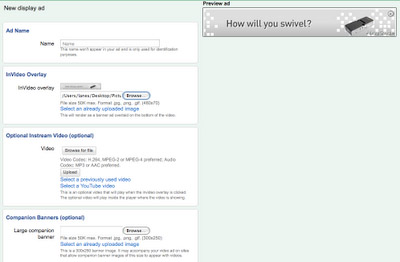
 As far as Google indexing and mobile sites goes, Google’s Matt Cutts says, "If you can find a way where your existing site will work well in mobile browsers, we’re not worrying about supporting two completely different sites."
As far as Google indexing and mobile sites goes, Google’s Matt Cutts says, "If you can find a way where your existing site will work well in mobile browsers, we’re not worrying about supporting two completely different sites." 
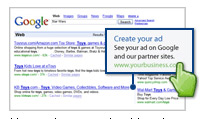 These are just the highlights. Google has a complete list of all of the new features in its
These are just the highlights. Google has a complete list of all of the new features in its 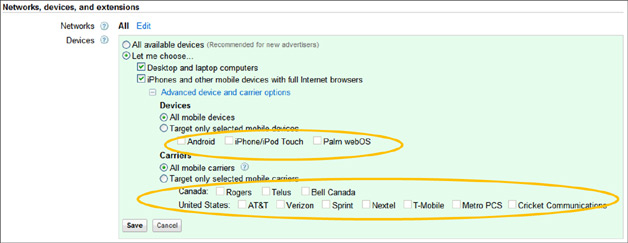
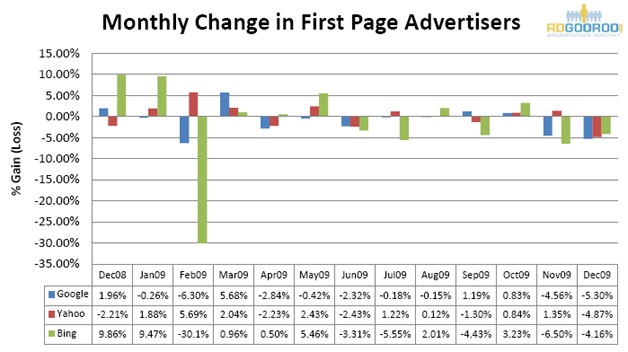
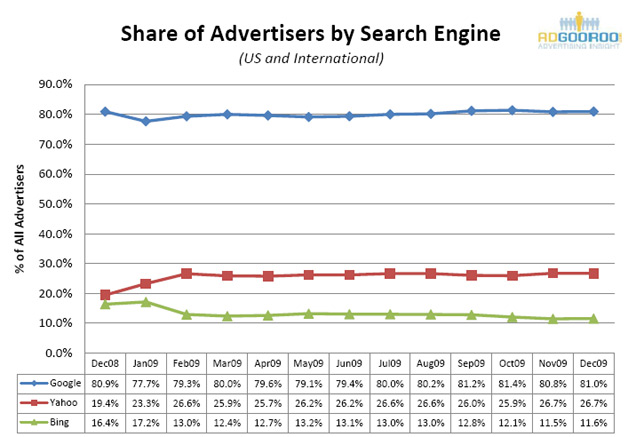
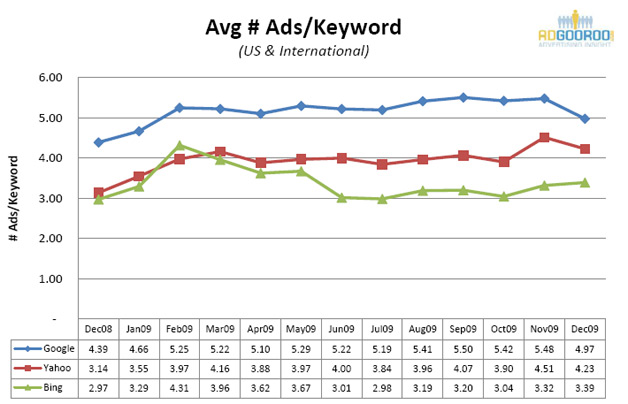
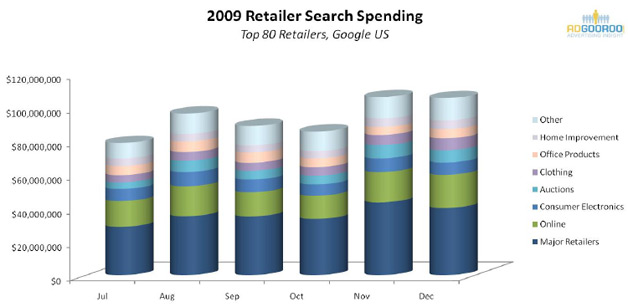
 Google outlines its Display URL guidelines
Google outlines its Display URL guidelines 